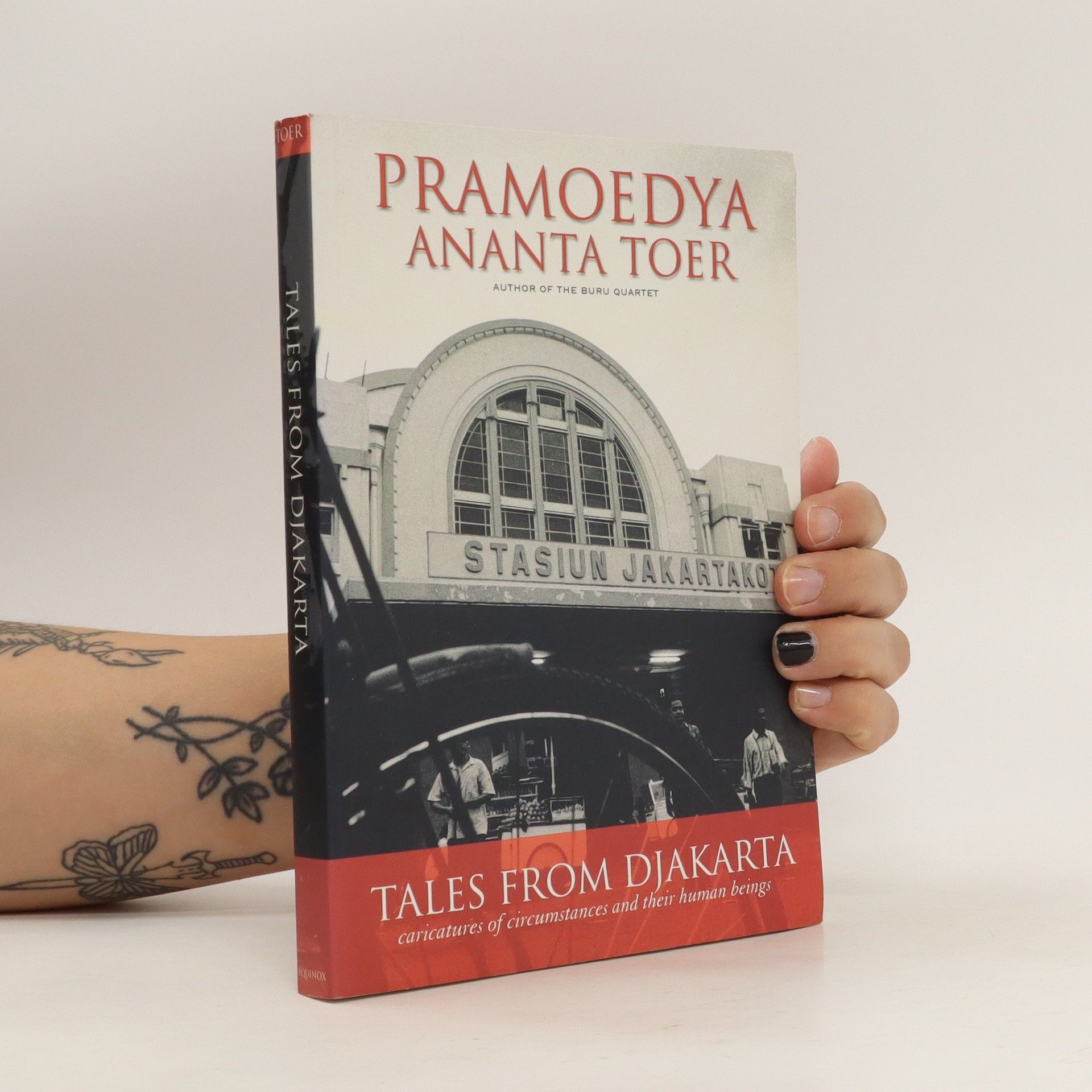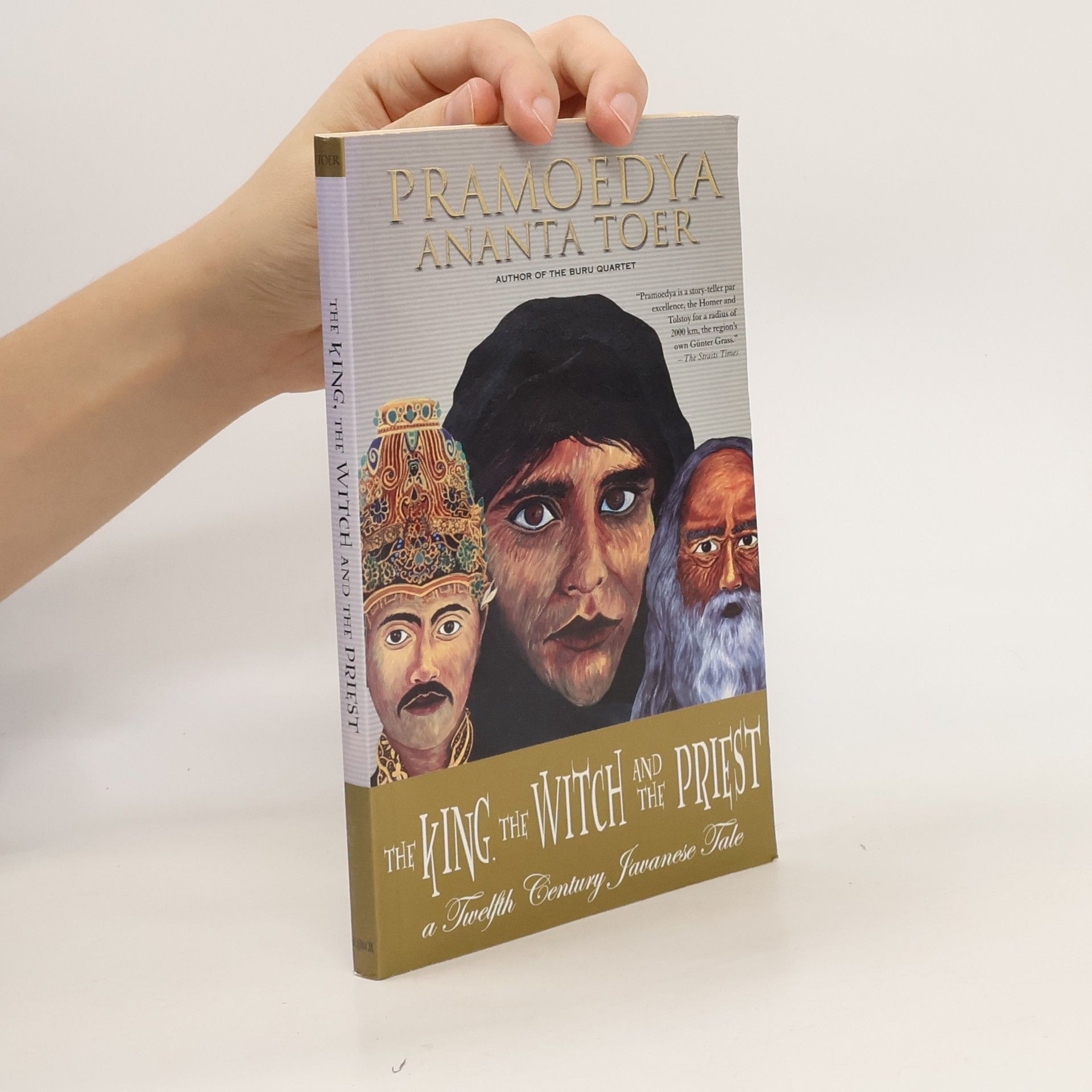As the world moves into the twentieth century, Minke, one of the few European-educated Javanese, optimistically starts a new life in a new Betawi. With his enrollment in medical school and the opportunity to meet new people, there is every reason to believe that he can leave behind the tragedies of the past. But Minke can no more escape his past than he can escape his situation as part of an oppressed people under a foreign power. As his world begins to fall apart, Minke draws a small but fervent group around him to fight back against colonial exploitation. During the struggle, Minke finds love, friendship, and betrayal—with tragic consequences. And he goes from wanting to understand his world to wanting to change it. Pramoedya's full literary genius is again evident in the remarkable characters that populate the novel—and in his depiction of a people's painful emergence from colonial domination and the shackles of tradition.
Pramoedya Ananta Toer Books
Pramoedya Ananta Toer was a significant Indonesian author whose works ranged from novels and short stories to essays and historical accounts. His writing, often politically charged, faced censorship in his homeland. Despite facing persecution and imprisonment, he became an international symbol for freedom of expression and human rights. His literary legacy lies in his profound depiction of Indonesian society and history.

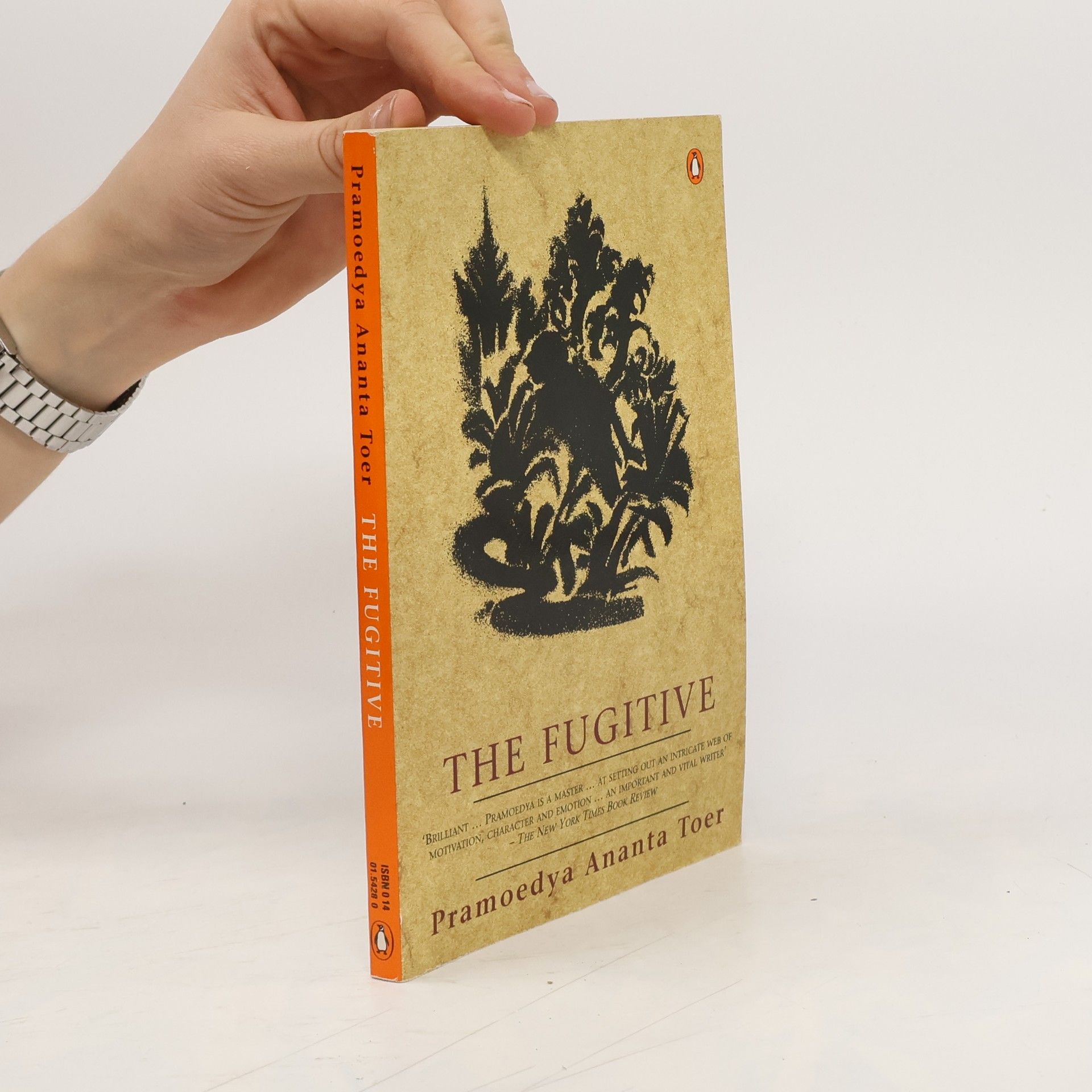
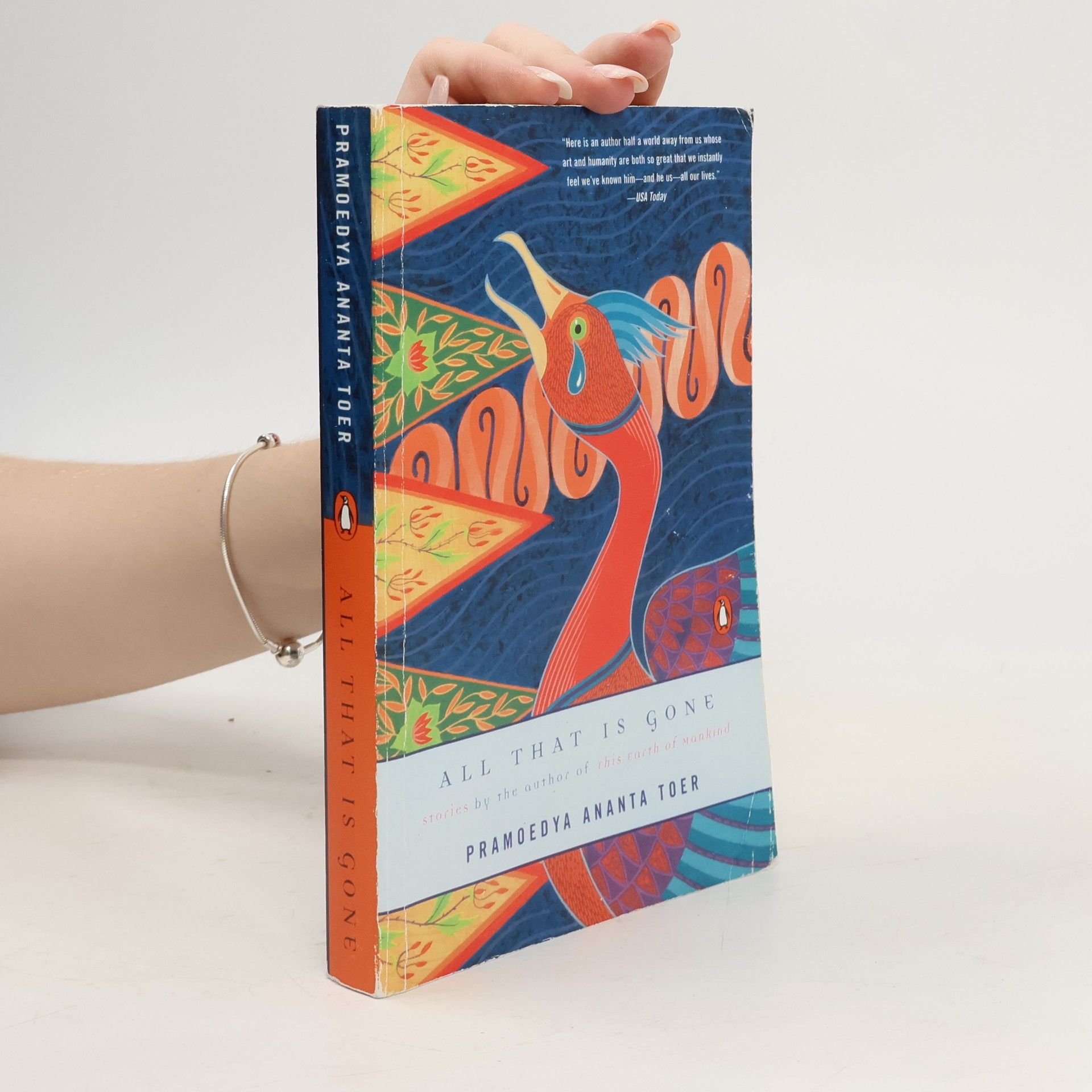
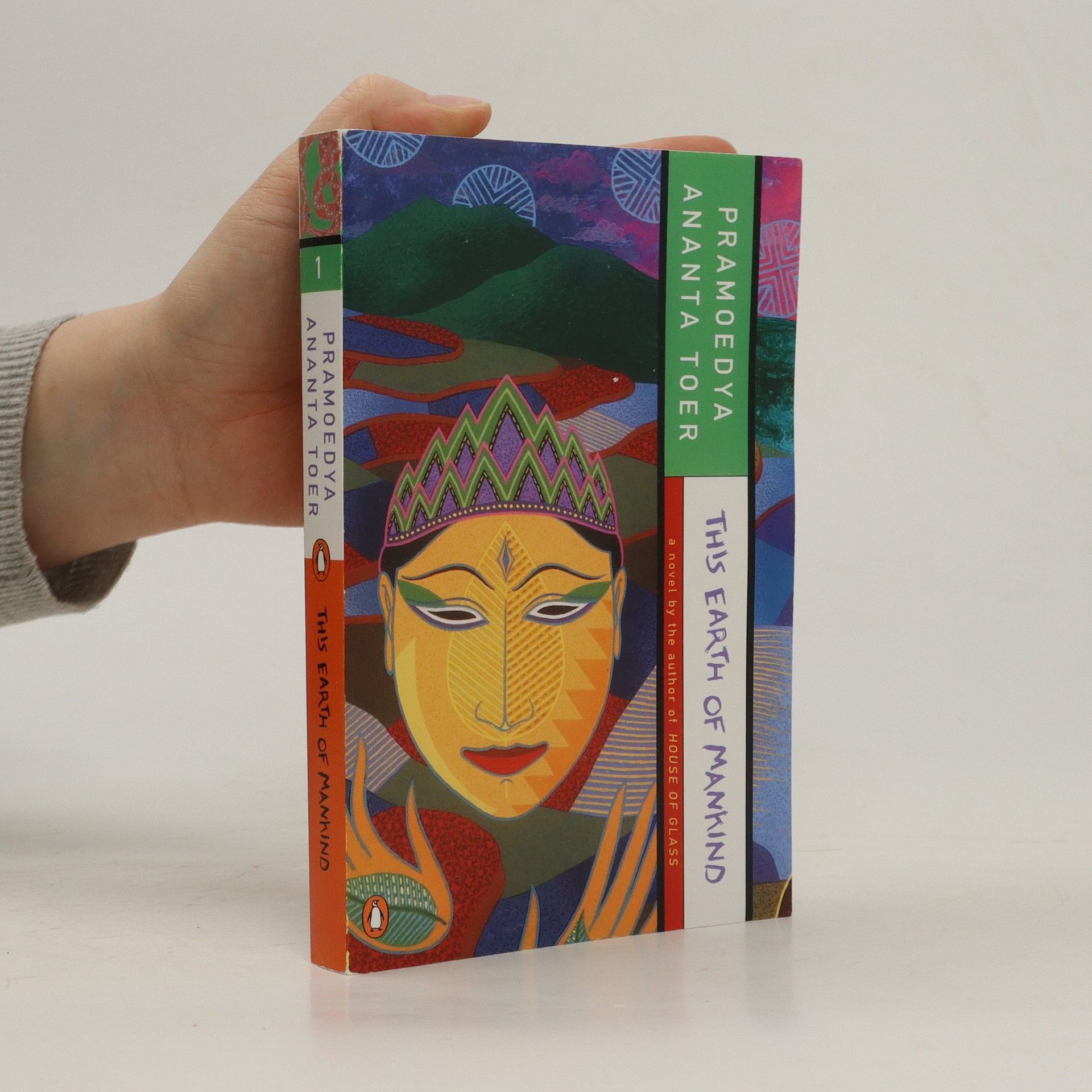



Child of All Nations
- 352 pages
- 13 hours of reading
In Child of All Nations, the reader is immediately swept up by a story that is profoundly feminist, devastatingly anticolonialist—and full of heartbreak, suspense, love, and fury. Pramoedya immerses the reader in a world that is astonishing in its vividness: the cultural whirlpool that was the Dutch East Indies of the 1890s. A story of awakening, it follows Minke, the main character of This Earth of Mankind, as he struggles to overcome the injustice all around him. Pramoedya’s full literary genius is evident in the brilliant characters that populate this world: Minke’s fragile Mixed-Race wife; a young Chinese revolutionary; an embattled Javanese peasant and his impoverished family; the French painter Jean Marais, to name just a few.
House of Glass
- 388 pages
- 14 hours of reading
This is the 4th, and final novel about Minke, but this one is narrated by Pangemanann, a native policeman assigned to monitor Minke and his followers.
This Earth of Mankind
- 368 pages
- 13 hours of reading
Minke is a young Javanese student of great intelligence and ambition. Living equally among the colonists and colonized of 19th-century Java, he battles against the confines of colonial strictures. It is his love for Annelies that enables him to find the strength to embrace his world.
Pramoedya Ananta Toer’s transcendent novels have become part of the world literary canon, but it is his short fiction that originally made him famous. The first full-size collection of his short stories to appear in English, All That Is Gone draws from the author’s own experiences in Indonesia to depict characters trying to make sense of a war-torn culture haunted by colonialism, among them an eight-year-old girl soon to be married off by her parents for money and an idealistic young soldier who witnesses the savage beating of a man accused of being a spy. Though violence and brutality pervade these tales, there is present throughout a profound sense of compassion—an extraordinary combination of despair and hope that gives All That Is Gone rare power and beauty.
The Fugitive
- 176 pages
- 7 hours of reading
Indonesia under Japan's brutal occupation during World War II, is the setting for this novel. The plot is heightened by the fact that the Japanese are only a day or two away from surrendering to the Allies.
Tales from Djakarta
- 288 pages
- 11 hours of reading
Tales from Djakarta is a collection of thirteen short stories written between 1948 and 1956 - a period of bitter transition from the revolutionary era to the beginnings of military rule in Indonesia. These stories not only give us a taste of Pramoedya's earlier writings, but also lead us on a tragic tour through mid-century Jakarta with her downtrodden residents as our guides.
The girl from the coast
- 288 pages
- 11 hours of reading
ramoedya's The Girl from the Coast tells the story of a beautiful young woman from a fishing village who finds herself in an arranged marriage with a wealthy aristocrat. Forced to leave her parents and home behind, she moves to the city to become the 'lady' of her husband's house. Pramoedya's breathtaking literary skill is evident in every word of this book, one of his classic works of fiction made especially poignant because it is based on the life of his own grandmother.
The King, the Witch, and the Priest
- 128 pages
- 5 hours of reading
"Centuries ago, there was, in the eastern part of the island of Java, a kingdom by the name of Daha..." So begins The King, the Witch and the Priest, a fable with contemporary allure that is based on the story of Calon Arang, a Javanese legend dating from the twelfth century. As tradition tells it, Calon Arang was a powerful witch from the village of Girah who had a beautiful daughter named Ratna Manggali who could find no husband. No man would have her for fear of her mother. Calon Arang became so angered by her daughter's plight that she spread pestilence throughout the kingdom. To deal with the problem, King Erlangga ordered his most respected priest, Empu Baradah, to get rid of Calon Arang. This proved to be no easy task as Calon Arang owned a book containing all the secrets of sorcery.
Index on Censorship - 25: Lost Words
The Stories They Wouldn't Let You Read
- 192 pages
- 7 hours of reading
This collection of fiction from around the world is concerned with censorship taboos and includes work from writers who remain censored, exiled or imprisoned. It includes writing by Willaim Trevor, Ken Saro-Wiwa, Aicha Lemsing and Breyten Breytenbach.
